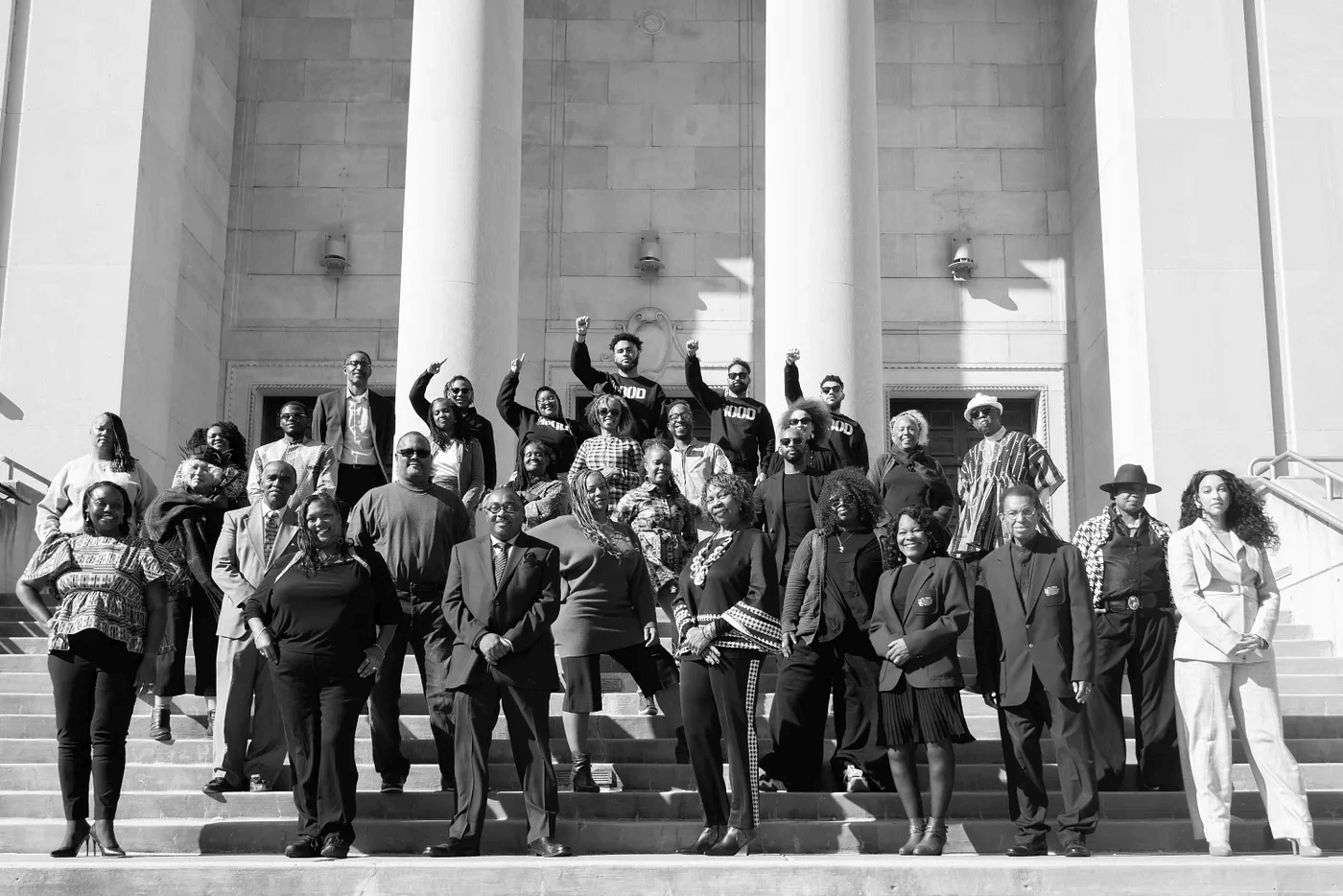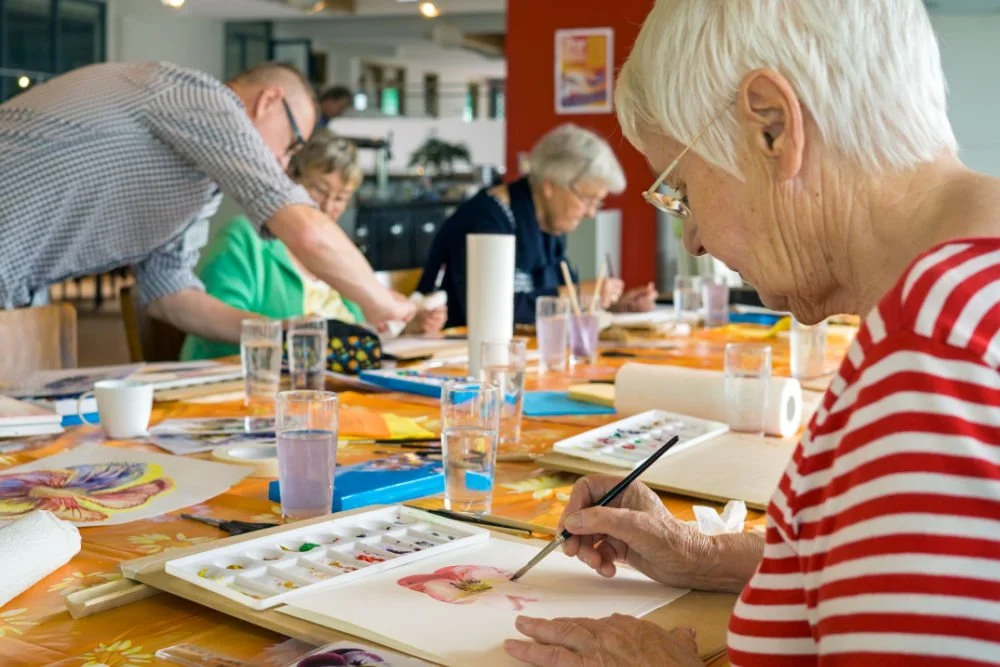Inside a Funder Collaborative Seeking Social Justice Through Pop Culture
/photo: Concept Photo/shutterstock
Foundations and advocates have a long history of looking to popular culture and the entertainment industry as avenues to achieve social change. And today, with fierce debates raging over cultural issues like immigration, race and gender, it's not surprising to see funders uniting to work a lever for change that might have the greatest reach of them all.
With a $25 million fund to be deployed over five years, the Pop Culture Collaborative brings together a cadre of liberal funders including the W.K. Kellogg Foundation, the Ford Foundation, the Nathan Cummings Foundation, Unbound Philanthropy, the General Service Foundation and the JPB Foundation. The goal: achieving culture change through the entertainment field.
The collaborative seeks to “raise public consciousness, spark debates, and shift popular narratives on a grand scale,” in particular “by driving authentic, just narratives about people of color, immigrants, refugees and Muslims in the media.” Its focus is on entertainment media, which it says can bridge ideological boundaries and reach wider audiences than public service announcements and the like. According to Executive Director Bridgit Antoinette Evans, in a nation that’s currently having “a crisis of imagination,” pop culture narratives can “help us all reignite our imagination about what pluralism looks like.”
Just like WKKF’s Truth, Racial Healing & Transformation initiative, another big project seeking culture change on race, the idea for the collaborative predates Donald Trump’s election. “For a number of years, a group of philanthropists, movement leaders and artists have been experimenting bravely with less resources than they really needed,” says Evans.
Funders of this earlier work included Ford, Unbound Philanthropy and the Nathan Cummings Foundation. Last year, the latter two backed a set of reports laying out how funders could work with advocates and the entertainment industry to drive positive narratives about underrepresented groups.
According to Evans, one critical insight from those reports was that “this work would not be possible unless the philanthropic sector created a fund that could not only create opportunity for strategic grantmaking, but also serve as a home for strategic thinking, experimentation, research and insight.” It’s clear that the collaborative’s team sees their work as an ongoing learning project, especially since no one has attempted this in such a systemic way before.
There are some antecedents, though. In 2016, we wrote about AndACTION, a project seeking to better inform nonprofits about how their issues appear in movies and TV. AndACTION received backing from the Rockefeller Foundation, Robert Wood Johnson and Atlantic Philanthropies.
On their own, many of the collaborative’s funding partners support specific culture change projects in entertainment. Its three initial funders (Ford, Unbound, and Nathan Cummings) backed comedian Aasif Mandvi’s web series “Halal In the Family,” with additional support from the Pillars Fund, which is looking at culture change around Muslim American issues. With the National Day Laborer Organizing Network, Unbound also supported a music video for Aloe Blacc’s “Wake Me Up” (currently at 20 million views on YouTube), highlighting the struggles of immigrants from Latin America. The Ford Foundation’s JustFilms initiative is another example, funding “social justice storytelling and the 21st-century arts infrastructure that supports it.”
Related:
- Can Pop Culture Drive Social Change? These Foundations Think So.
- Philanthropy vs. Racism: Inside Kellogg's Quest for "Healing and Transformation"
- This Funder is Laser-Focused on Immigration. Have You Heard of It?
- In a Fearful Moment, This Growing Fund Channels Muslim American Philanthropy
The collaborative officially opened for business in the fall of 2016, and Kellogg soon joined as a funding partner with $1.5 million. Evans tells us she expects three or four additional funders by the end of this year. One reason the collaborative is drawing so much support may be its systemic strategy: Instead of simply funding specific projects, it wants to build a lasting infrastructure to tell the stories of marginalized groups.
Just look at its initial grants. Totaling $700,000, they support organizations like Color of Change, which consults entertainment writers, showrunners and execs on their portrayals of people of color. Doing similar work around immigration are Define American and United We Dream.
Another grantee, Caring Across Generations, is looking at ways to elevate pop culture portrayals of women of color and immigrant caregivers. Harness, a new organization, is finding ways to link grassroots movements with the entertainment industry. And research projects by Wise Entertainment and the futurePerfect Lab will measure how audiences respond to cultural diversity and specific narrative elements.
In the words of the collaborative’s communications strategist Jesse Moore, “Should the collaborative put money into particular shows or find an organization that wants to bring 10 writers’ rooms a year into refugee resettlement facilities?” The latter, Moore says, will lead to more long-term gains. At the same time, the collaborative is accepting applications for its “Pop-Up” rapid response grants. These provide immediate, small-scale support to "initiatives that are responding to acute political or cultural moments in American life in real time.” Moore cites examples like a wave of Islamophobic incidents or local law enforcement policies targeting people of color.
Over the next five years, Evans sees the collaborative “curating a network of managing partners who are all bringing different kinds of expertise to this learning community for funders, including funders who have expertise in funding the arts.” Philanthropy has a venerable track record of supporting the arts, traditionally defined. We’ll have to see whether more funders follow the collaborative’s example and bring their program priorities to the realm of pop culture.
Related:







































